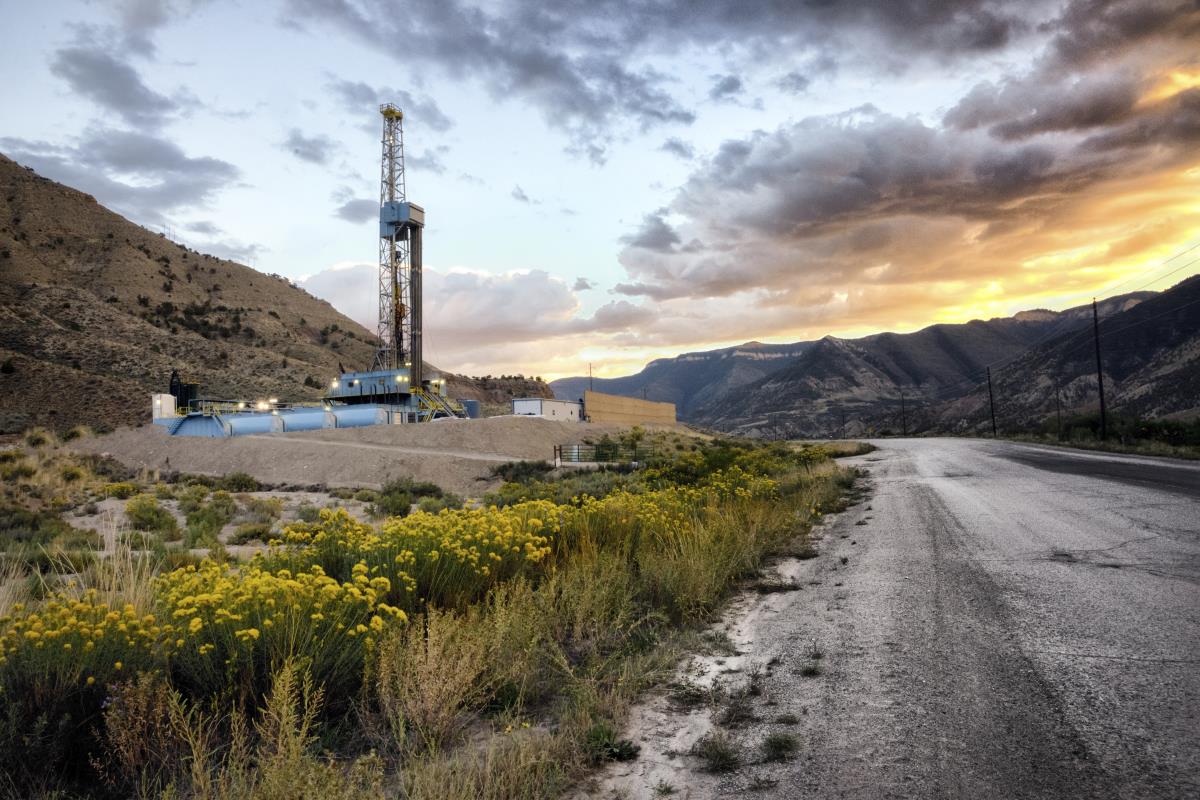Scientists are now aided by physics to recover EVEN MORE oil – how will it affect the environment?
05/14/2019 / By Edsel Cook

As if fracking wasn’t causing enough environmental problems, Pennsylvania-based researchers claims that oil companies could extract more oil from unconventional reservoirs. Their recently published study shows that the companies need to reconsider the physics found in those deep wells.
As of 2017, the United States gets more than 50 percent of its current oil production from unconventional formations like shale reservoirs. The percentage is expected to increase as more companies set up additional wells to get a bigger slice out of a “pie” estimated to exceed more than 35 billion barrels of oil.
Oil companies access these reservoirs by creating hydraulic fractures that allow oil to flow through horizontal wells for primary recovery. They predict the recovery and remaining reserves using Darcy’s law, which looks at differences in pressure to calculate the flow of oil.
But researchers at the Pennsylvania State University (PennState) said that Darcy’s law did not apply to shale reservoirs. Furthermore, the gas injection technique was not the right approach to move oil out of an unconventional reservoir and into the horizontal well. (Related: Is fracking just a cover for a corporate water grab? Control the water, control the people.)
Researchers propose using diffusion-based oil extraction techniques for shale reservoirs
The oil industry uses a technique nicknamed “huff ‘n’ puff.” They first pump pressurized gas into the well and fractures. Then they close the well for a short while to let the carbon dioxide or methane “soak.” When the well is opened, the pressurized gas will force the oil out.

However, the PennState researchers said that pressure differences were not the primary force behind oil recovery in formation of shale, a type of rock with many tiny pores. Instead, it was diffusion, where gas molecules move at random within a medium – in this case, oil.
When gas diffuses through oil, the density of the oil decreases. This changes the balance between the oil inside fractures and the oil in the shale formation that is in contact with the fractures. The resulting imbalance forces oil to move into the well for extraction.
Oil companies have been keeping the soaking period as short as possible in the belief that closing down a well costs them too much money. However, in order to get the most out of diffusion, the soaking period needs to last at least two months.
The PennState researchers said that switching techniques from pressure to diffusion, using a low-pressure gas, and extending soaking periods could double or triple the recovery in a well. They recommended using methane or nitrogen instead of carbon dioxide because those gases diffuse more quickly, which translates to smaller amounts of gas needed for each injection.
The drawbacks of making fracking more efficient for oil companies
Fracking has a number of serious drawbacks associated with it. First, it causes considerable amounts of air pollution, noise pollution, and oil-related pollution that harm the environment and living organisms, including humans. Second, it uses up a lot of water, especially during the processing of drilling extraction wells.
Third, fracking operations could contaminate local bodies of water, including sources of drinking water. Fourth, it is a dangerous industry that endangers the lives of its workers by exposing them to hundreds of cancer-causing chemicals. And last but not least, it has been linked to the increasing number of earthquakes in states that host fracking operations.
Increasing the efficiency of fracking would make it more profitable for oil companies. Because diffusion takes more time, companies would want to drill more wells to compensate for the extended well closures. In turn, increasing the number of active wells would greatly intensify the various environmental and health problems caused by the poorly regulated fracking industry, up to and especially including earthquakes.
Sources include:
Submit a correction >>
Tagged Under:
This article may contain statements that reflect the opinion of the author





















